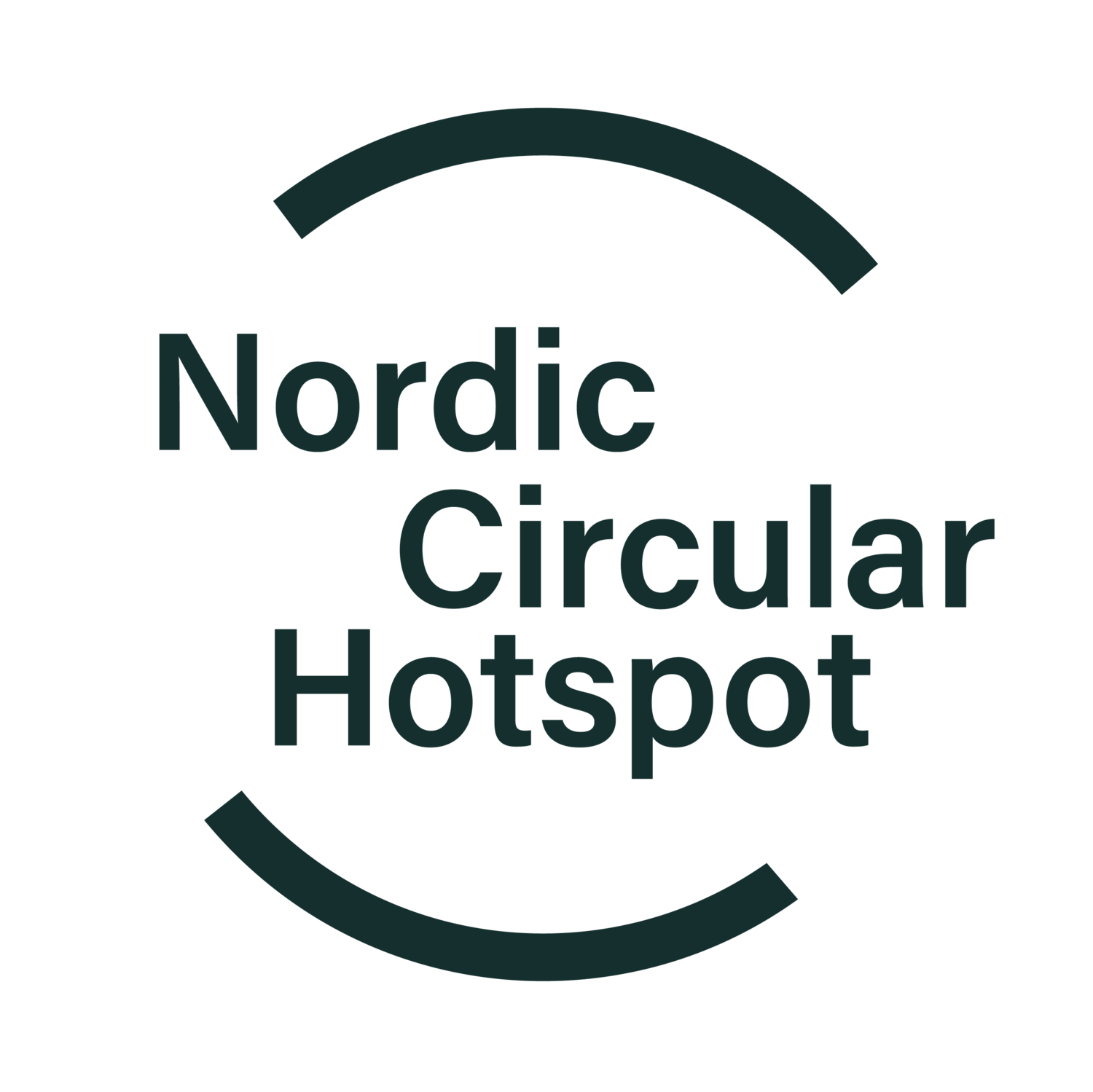Financing the Circular Economy
What are the opportunities and obstacles for financing the circular economy today? And what can be learned from financiers, impact investors and asset managers investing in the transition to circularity?
Oslo, Oct. 15, 2020 – Leading financial specialists and impact investors from five Nordic countries, Canada and The Netherlands shared their circular economy strategies and expert insights on the importance of financing the transition to a circular economy, during the Nordic Circular Hotspot’s third WCEFonline Side Event on Monday. A circular transition requires a forward-looking approach from investors, while investing in circular companies needs a long-term, transition focus. When it comes to circular investing, there is a need for definition, ambition as well as a dialogue about what the appropriate indicators are.
Walking the talk
“As an investor, we have to walk the talk, meaning we are actively looking at fund investment opportunities in this sector,” says Pauli Marttila, Senior Lead, Venture Capital and Risk Management, The Finnish Innovation Fund Sitra, which has, for example, invested in Circularity Capital. The Edinburgh-based fund management company’s mission is to deliver value for investors by supporting SME growth and innovation in the circular economy. “It is very important to understand the business models, that’s the start of everything. If the most sustainable companies are in the end the best businesses, we need to prove this to the market. We need proof and business model examples instead of just theory.” At the end of June 2020, the market value of Sitra’s investment assets, which are mainly invested in funds, was EUR 893 million.
Circular economy finance is about markets and risks
“Most companies are not fully circular. For us, circular companies are those that substantially use circular principles to create value,” says Hans Stegeman, Chief Investment Strategist, Triodos Investment Management, which has EUR 4.9 billion assets under management (end of June 2020). “As such, we do not invest in the circular economy but we invest in sustainable companies using circular principles. We invest in circular principles and use principles to get to a more circular economy. If you think about circularity from an investment perspective, you must think about the core principles of value creation of the company and between companies. The latter means investing in new markets and different feedback loops with new market participants, which implies new risks and opportunities. When doing circularity only ‘half,’ i.e. only eco-efficiency and using waste streams to create revenues, we cannot create an extreme linear lock-in.”
“All-round” circular economy approach
Kristina Alnes, Senior Adviser, Climate Finance, CICERO Centre for International Climate Research, one of the world’s foremost institutes for interdisciplinary climate research, based in Oslo, highlighted the recent case of IJsbeer Energie. IJsbeer, which means polar bear in Dutch, entered the market with a three-year, EUR 35 million green bond benefitting from a SPO (Second Party Opinion) provided by CICERO. CICERO Second Opinions are independent, research-based evaluations of green bond investment frameworks to determine their environmental robustness. IJsbeer owns and operates a 12.5 MW renewable combined heat and power (CHP) facility in The Netherlands. IJsbeer’s green bond framework is directed at its underlying project, Project Ice Block, which will use circular economy as a guiding principle to retrofit the existing CHP facility to increase energy utilisation of the facility from 25% to 90%. The project is a collaboration between IJsbeer and Kvitebjørn Energi AS, a Norwegian industrial investment company. Based on its review, CICERO Shades of Green, a CICERO subsidiary using the CICERO-developed Shades of Green methodology, rates IJsbeer’s green bond framework CICERO Dark Green. “We wrote the framework together with the company,” said Jacob Michaelsen, Head of Sustainable Finance Advisory, Nordea Markets, based in Copenhagen.
“Circularity washing”
“You see a difference between pure-play circular economy players and those companies that are doing some circularity in their business model and trying to be more sustainable, and being liked for that,” says Hans Stegeman. “In future, I would bet on the few really pure-play circular economy players as being a better investment rather than those companies that still have, in essence, a linear business model. It is a little bit ‘circularity washing’ that you sometimes see happening and which investors do not really see through. Certain firms with a clearly negative environmental impact are still classified as ‘circular economy’ companies. For example, if I see a green bond on plastics for a company that has a clearly negative effect on the environment, for me, it is very hard to see this as being a sustainable investment.”
Notes
This October 12 webinar was an official side event of the World Circular Economy Forum Online (WCEFonline), hosted by Sitra and its partners. Organised during Circular Week 2020, “Financing the Circular Economy” has been made possible by event sponsor Triodos Investment Management B.V., a globally-active impact investor that is headquartered in a circular building in Zeist, The Netherlands. It is a wholly-owned subsidiary of Triodos Bank N.V. WCEF Side Events are part of the World Circular Economy Forum concept. Additional speakers participating in the webinar included Kristin Aamodt, Investment Director, Europe, ArcTern Ventures, a Toronto-based venture capital firm investing globally in breakthrough clean technology growth companies addressing climate change and sustainability (its European head office is based in Oslo); Dr. Katherine Whalen, a researcher in Sustainable Business at RISE Research Institutes of Sweden and Managing Partner, Nordic Circular Hotspot, based in Stockholm; and Einar K. Holthe, CEO and founder, Natural State and Managing Partner, Nordic Circular Hotspot, based in Oslo. The webinar was moderated by Bjarni Herrera, CEO, CIRCULAR Solutions, a leading Nordic sustainability and ESG consulting and service provider, and Managing Partner, Nordic Circular Hotspot, based in Reykjavik.




